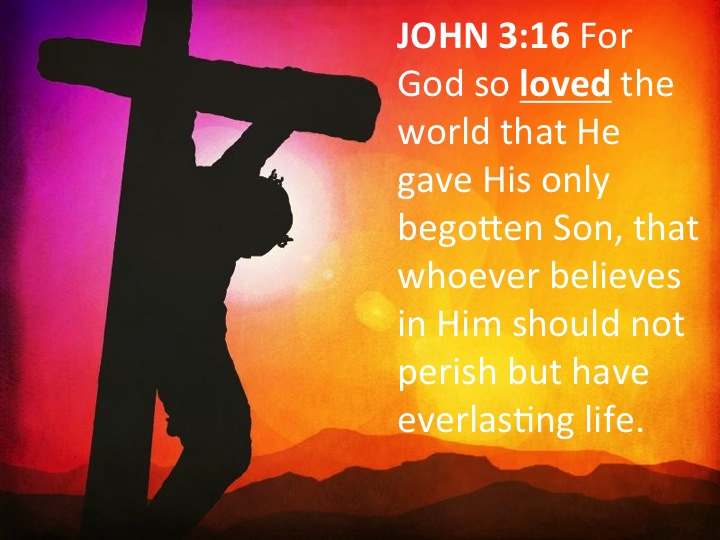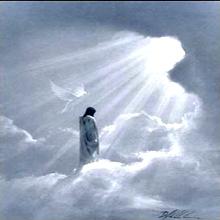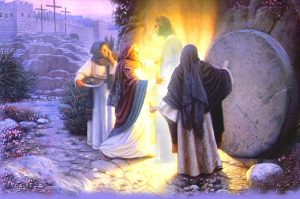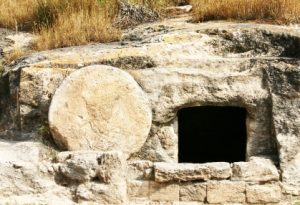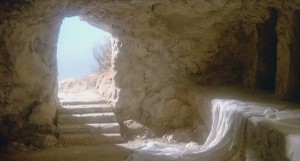What Are John 3:16 & The Gospel About?
“For God loved the world so much that He gave His only begotten Son, that whoever believes in Him should not perish but have everlasting life”—John 3:16 NKJV
On November 8, 2018, an article was posted on Patheos entitled, “Why John 3:16 Isn’t About The Crucifixion“:
In preparation for an upcoming online debate about PSA [Penal Substitutionary Atonement] Theory, I started wondering whether or not Jesus, or any of the Gospel authors, specifically communicated the Gospel as being about Jesus dying on the cross for our sins, or to appease the wrath of God, etc.
